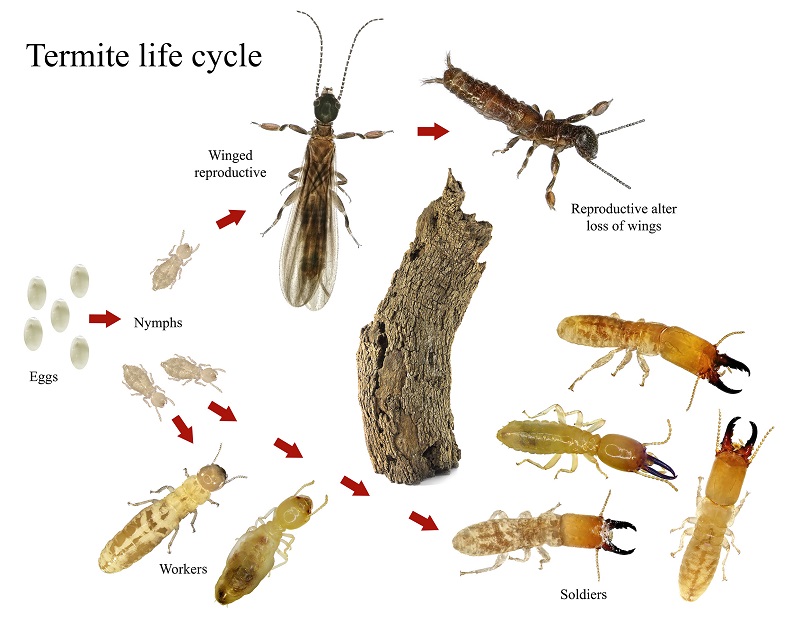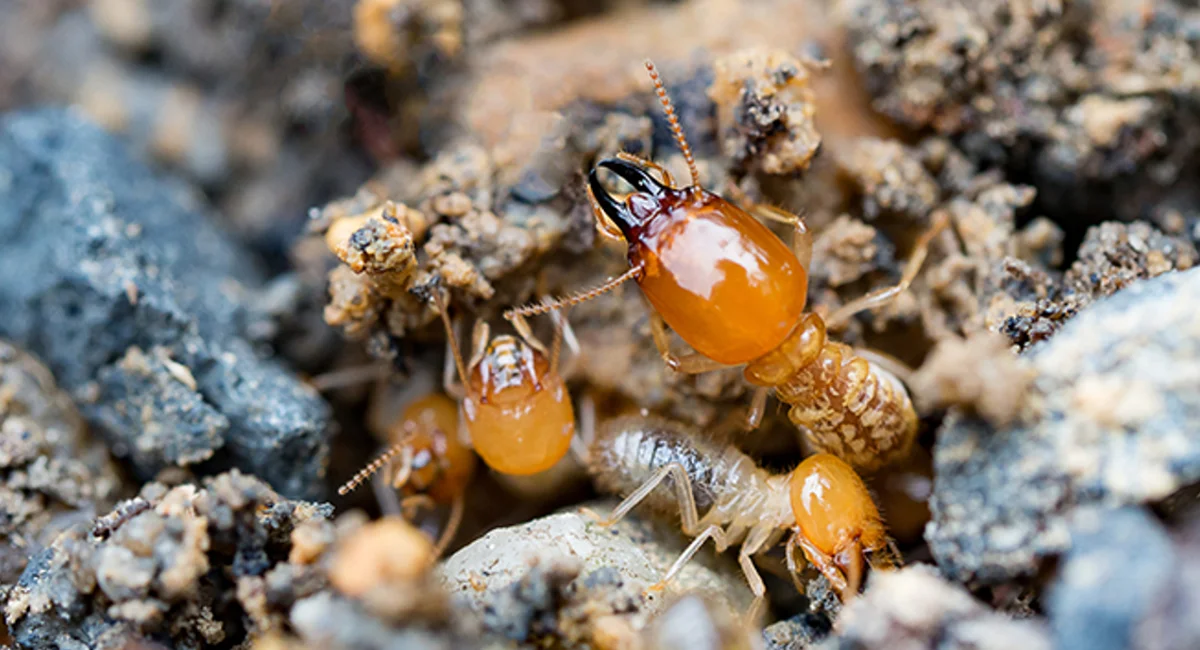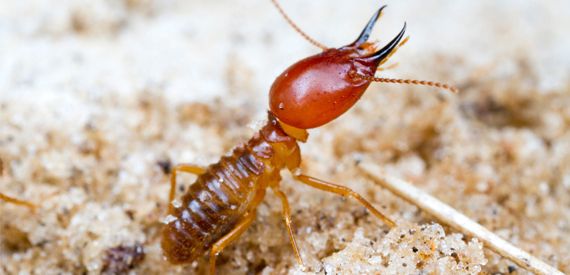Environmental Impact of Parasite Control: Balancing Efficiency With Sustainability
The environmental influence of parasite control is a vital issue that needs a delicate balance in between accomplishing efficiency in ensuring and managing insects sustainability of our ecological communities. From the use of harmful chemicals that permeate right into our soil and water to the unexpected effects on non-target types, the effects of standard bug control methods are significant.
Dangerous Chemicals in Bug Control
The application of dangerous chemicals in bug control postures substantial environmental and health and wellness risks that call for cautious consideration and reduction techniques. Pesticides, chemicals, and herbicides are commonly utilized to get rid of bugs, yet their widespread application can cause unintentional effects. These chemicals can pollute soil, water resources, and the air, affecting not only the targeted parasites yet likewise helpful insects, wildlife, and human beings.

To address these risks, integrated pest monitoring (IPM) methods are being advertised as a much more sustainable alternative. IPM entails a mix of techniques such as biological control, environment control, and the targeted use pesticides as a last hope (ant control waxhaw nc). By adopting an all natural strategy to pest control, we can minimize the ecological and health and wellness impacts linked with harmful chemicals while properly managing pest populations
Influence On Non-Target Species
Taking into consideration the unexpected consequences of pest control techniques, the effect on non-target types is an important aspect that calls for detailed analysis. While insect control actions aim to target details insects, various other organisms in the ecosystem may be accidentally affected. Non-target types, consisting of helpful bugs, birds, creatures, and even plants, can experience straight or indirect harm from chemical applications or organic control approaches.
Insecticides created to deal with a certain bug parasite might damage pollinators like or natural predators such as ladybugs. Biological control agents, if not species-specific, can pose risks to unintended targets, disrupting the ecological balance.
To reduce the influence on non-target varieties, integrated insect management (IPM) methods that highlight an all natural strategy to pest control are advised. These approaches focus on the usage of eco pleasant methods, reducing harm to valuable microorganisms while properly handling pest populations. Performing detailed threat analyses and checking the results of insect control initiatives are crucial action in protecting non-target species and advertising general ecosystem wellness.
Soil and Water Contamination
Unintentional ecological effects of insect control approaches extend beyond affecting non-target types, with substantial effects for dirt and water contamination - termite control. Chemicals, herbicides, and chemical plant foods used in insect control can leach right into the soil and pollute groundwater, posing a danger to both terrestrial and aquatic ecological communities.
Water contamination is one more ant control kannapolis nc important problem linked with parasite control methods. To minimize dirt and water contamination from parasite control tasks, integrated parasite monitoring methods that prioritize sustainability and minimize chemical inputs are crucial.
Air Pollution From Chemical Use
Exposure to air-borne pesticides during farming applications presents a substantial worry for air pollution control actions. When chemicals are sprayed onto plants, they can volatilize into the air and form unpredictable organic substances (VOCs) and other air-borne contaminants. These chemicals can add to the formation of ground-level ozone, a major element of smog that can have detrimental results on human health and wellness, crop efficiency, and overall air top quality. Additionally, chemical drift, where chemicals are brought by the wind to unexpected locations, can cause the contamination of nearby environments and water bodies.

Methods for Lasting Pest Control
In the world of agricultural practices, implementing sustainable parasite control methods is critical for maintaining eco-friendly balance and securing crop returns. Sustainable pest control highlights the use of eco-friendly approaches to take care of pest populations successfully while decreasing damage to non-target microorganisms and ecosystems. Integrated Bug Administration (IPM) is a widely adopted technique that combines organic, cultural, physical, and chemical control approaches to achieve lasting parasite administration solutions.
One secret method in lasting pest control is promoting biodiversity within agroecosystems. By improving natural opponents of insects, such as parasitoids and killers, farmers can lower the requirement for synthetic pesticides. Plant turning and diversity are additionally efficient strategies to interfere with pest life cycles and develop much less positive problems for pests to grow. Additionally, making use of pest-resistant plant selections and employing methods like trap cropping can help in reducing bug pressure without depending greatly on chemical treatments. Eventually, by incorporating these sustainable bug control techniques, farmers can accomplish a balance between pest monitoring efficiency and environmental stewardship.
Verdict
To conclude, the ecological influence of pest control methods have to be very carefully taken into consideration to stabilize effectiveness with sustainability. Hazardous chemicals utilized in parasite control can result in soil and water contamination, air contamination, and harm non-target varieties - ant control. It is critical to execute lasting pest control methods to decrease these adverse effects on the environment and promote a healthier environment for future generations
By embracing an all natural strategy to pest control, we can minimize the environmental and health impacts associated with hazardous chemicals while successfully taking care of pest populaces.

To minimize the air pollution triggered by chemical use, it is necessary to adopt incorporated bug monitoring techniques that focus on the usage of non-chemical pest control techniques, such as plant turning, natural predators, and resistant plant varieties. Sustainable bug control emphasizes the use of ecologically friendly approaches to take care of bug populaces effectively while reducing damage to non-target microorganisms and communities. Integrated Bug Monitoring (IPM) is a widely adopted technique that incorporates organic, social, physical, and chemical control approaches to accomplish lasting parasite management solutions.